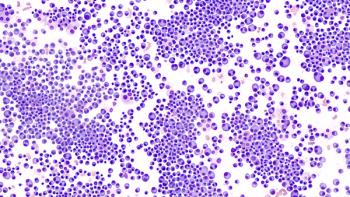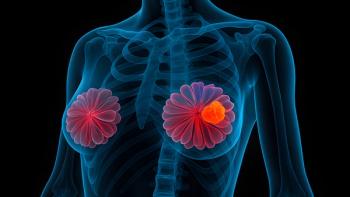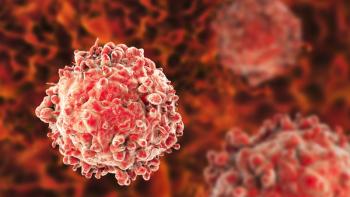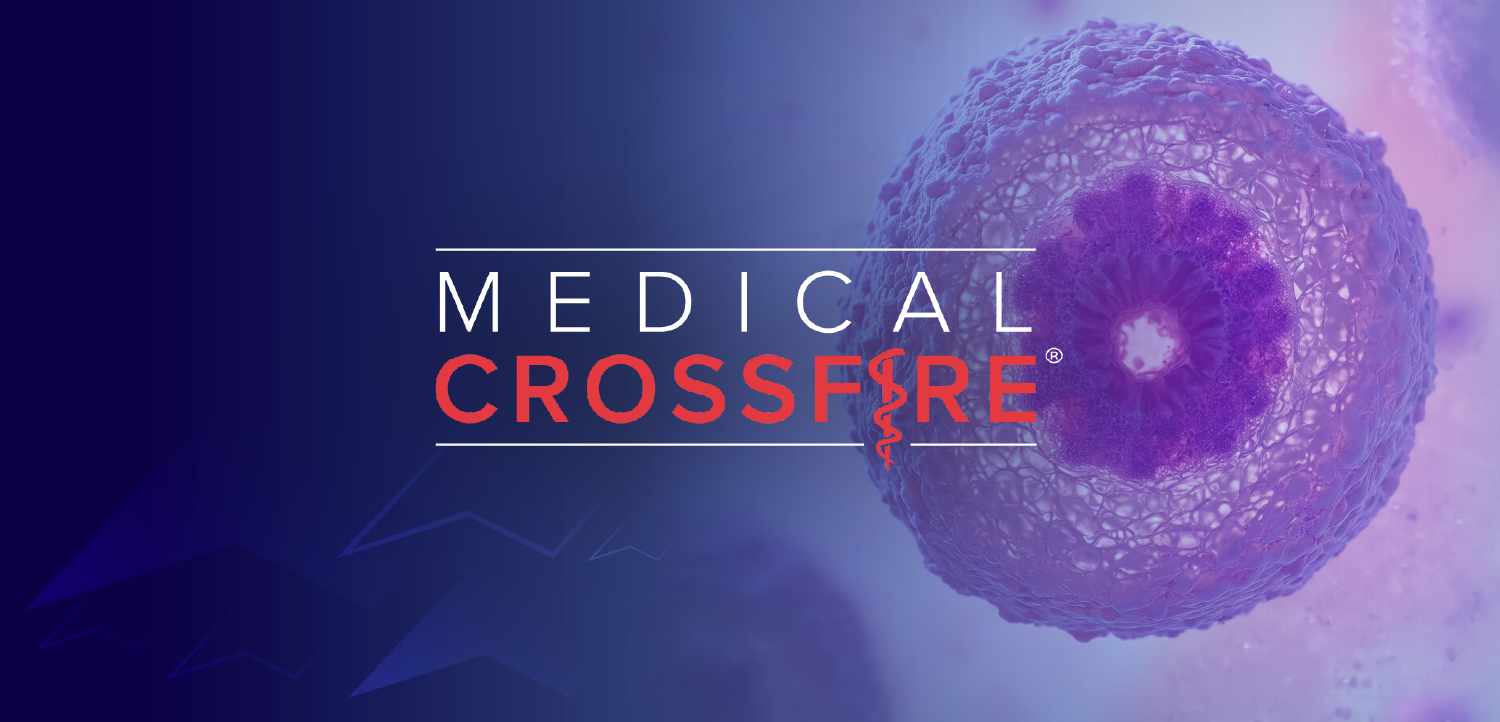
Survivorship Now Linked to Higher Medical Costs and Productivity Losses
Cancer survivors (defined as people with a history of a cancer diagnosis) represent 4.6% of the U.S. population. The number of survivors is projected to increase at least 30% during the next ten years, and will likely reach 18 million people in the U.S.
Cancer survivors (defined as people with a history of a cancer diagnosis) represent 4.6% of the U.S. population. The number of survivors is projected to increase at least 30% during the next ten years, and will likely reach 18 million people in the U.S. A recent report estimated annual medical costs and productivity losses of people with and without a cancer history (
Data from the 2008—2011 Medical Expenditure Panel Survey, sponsored by the Agency for Healthcare Research and Quality, found a substantial economic burden of cancer. Male cancer survivors had mean annual medical expenditures of $8,091, compared to $3,904 for men without a cancer history. Female survivors had mean annual medical expenditures of $8,412, compared to $5,119 for women without a cancer history. For the cancer survivors, health insurance was the largest source of payment ($3,003 for males and $3,899 for females), followed by Medicare payments. Ambulatory care medical services accounted for the largest share of medical payments ($2,640 for men and $3,187 for women) among survivors, followed by inpatient care ($1,722 for men and $1,843 for women).
A third of the cancer survivors experienced limitations in their ability to perform usual daily activities outside of work, and 12% had impeded ability to perform mental tasks associated with usual daily activities. Among cancer survivors who were employed at any time since diagnosis, cancer and its treatment interfered with physical tasks (25%) and mental tasks (14%) required by the job, with nearly 25% of cancer survivors feeling less productive at work. These findings suggest the need to develop and evaluate health and employment intervention programs aimed at improving outcomes for cancer survivors and their families.
Newsletter
Knowledge is power. Don’t miss the most recent breakthroughs in cancer care.
















































































